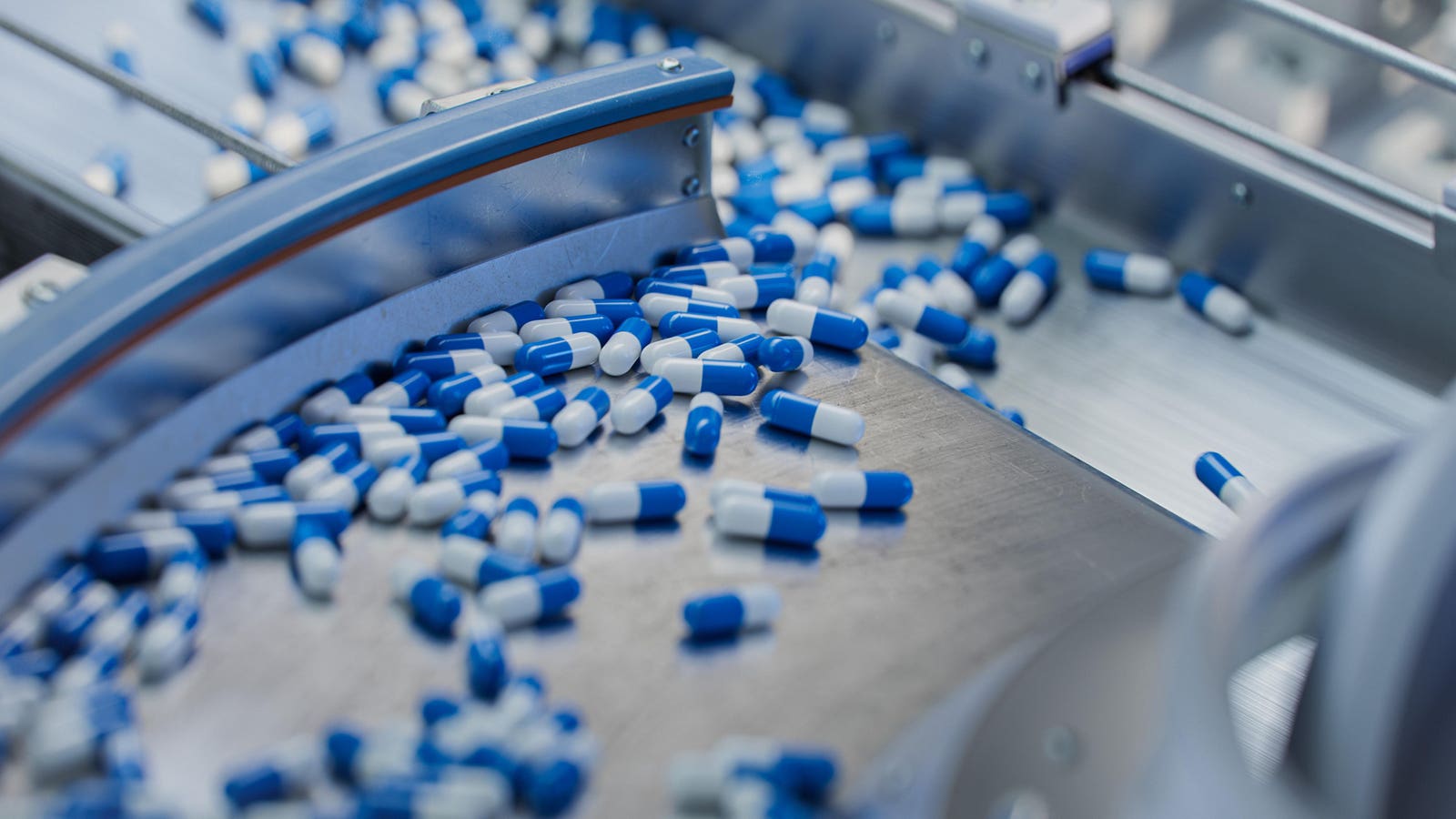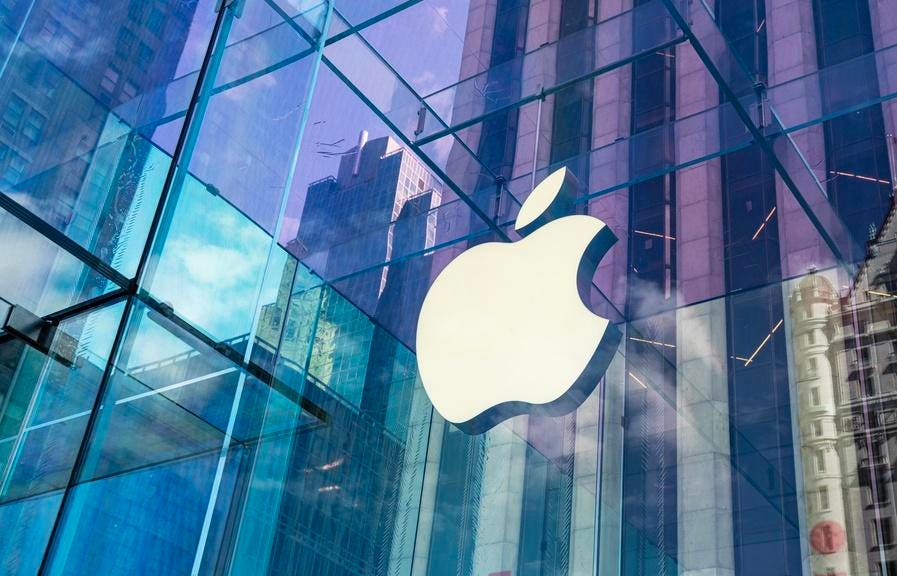Capsules moving on a conveyor at a pharmaceutical factory.
Although last week’s extensive tariff announcements exempted pharmaceuticals, President Trump has repeatedly maintained that he will eventually impose tariffs on the industry. The tariffs, touted as a remedy to our global vulnerabilities, have thrust the long-ignored flaws of our drug supply chain into the spotlight.
While tariffs are not a silver bullet, they are a critical catalyst for overdue change. They force the nation to confront its dangerous dependence on overseas APIs and compel both industry and lawmakers to invest in a robust, domestic production network. It’s time to build a strategic reserve of life-saving ingredients and reform the broken model that pushes companies to develop products outside the U.S.
As I argued in a pandemic-era column, one selling point of a global economy has been that market players can trade internationally for the supplies they need on the most attractive terms. But the idea is predicated on a stable world in which politics don’t trump commercial considerations.
Global conflict over the last few years–between Russia and Ukraine, in the Middle East and elsewhere–has been a reminder that a globalized trade system has a lot of benefits–until it doesn’t. Decades of cozy trade and business transitions can be wiped away by unpredictable conflict. When that happens, governments are left scrambling for solutions, often too late to prevent or mitigate disruptions to supply chains that bring essential resources into the country.
For decades, the U.S. pharmaceutical industry has leaned heavily on foreign sources for active pharmaceutical ingredients, the chemical inputs that make medicines and antibiotics work. 17% of API imports, for instance, come from China. This dependence was brutally exposed during the early days of the COVID-19 pandemic when supply shortages underscored our fragile system.
The current reliance on overseas production of APIs is an avoidable vulnerability. APIs, much like oil reserves or other vital commodities, should be viewed as strategic and essential to national security and continuity in healthcare. Just as nations would never outsource their entire energy supply to geopolitical rivals, the U.S. cannot afford to be so dependent on foreign pharmaceutical ingredients.
Trump’s tariffs should be viewed in this light. They are not just punitive measures; they are an economic lever designed to drive change. The threat of a 25% tariff has already prompted industry leaders to reassess their supply chains.
Pfizer and Eli Lilly, for instance, are now preparing to move production back to U.S. soil. Lilly is doubling plans for capital spending on U.S. factories in response to pressure from President Trump, planning to spend 50 billion dollars. Pfizer likewise plans to move some of its overseas manufacturing to its U.S. plants if Trump’s tariffs are imposed. These initiatives, while costly in the short term, promise to secure the nation’s drug supply and create domestic jobs. Reshoring production isn’t easy, but it’s a necessary investment in the long-term stability of the industry and ultimately the nation.
Unfortunately, the impact of tariffs on generic drug makers is more troubling. These companies, which already operate on razor-thin profit margins, will be disproportionately affected. Unlike major pharmaceutical firms with significant capital reserves, many generic manufacturers lack the financial resources to relocate production to the U.S. Even if they are willing to move their operations elsewhere, high costs and tight margins could lead to shortages and higher prices for essential, lower-cost medications.
Still, questions of tariffs and reshoring go beyond cost alone. Pharmaceutical manufacturing is not just a question of “what’s cheapest” at any given moment. Drug development and production require long-term investments, complex regulatory approvals and careful risk management. If policymakers and industry leaders focus solely on short-term cost-cutting to satisfy Wall Street, they risk compromising national security.
Tariffs serve an ostensible strategic purpose: reducing reliance on foreign manufacturers to improve national security and rebalancing a system that, over time, has hollowed out the industrial core of the country. Less dependence on China and India can create a shield from geopolitical risks and lay the groundwork for a more self-reliant pharmaceutical industry, less at the mercy of international market dynamics and geopolitical conflict. Of course, tariffs alone aren’t enough, but they are seen by many leaders as a start. Trump’s tariffs have ignited a necessary debate about the U.S. pharmaceutical supply chain vulnerabilities. The policy, controversial as it is, forces industry to confront its dependence on foreign sources and compels a move towards a more secure, self-reliant future.
As I have said repeatedly in my columns, the American healthcare ecosystem is broken. Now is the time for bold, strategic reforms. Bringing manufacturing back to American soil can be a significant piece of the puzzle.
Industry leaders can seize this opportunity to modernize outdated systems, build a strategic reserve of essential APIs and invest in domestic manufacturing. It is an important step toward making sure that the U.S. healthcare system is robust, resilient and in service of the American public.








